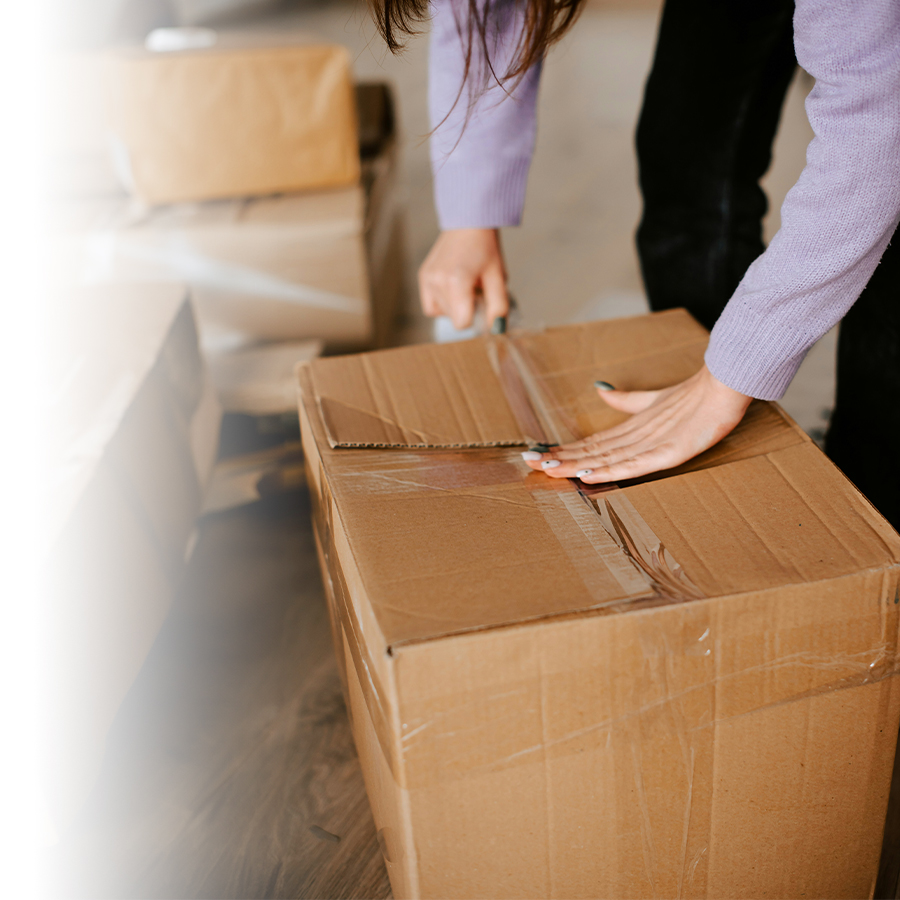These recommendations could help you to ease the intensity and frequency of back pain. After all, prevention is better than cure!
Causes of back pain
With today's hectic lifestyle, the frantic pace of daily activities and stress, it’s not surprising that so many people suffer from back pain. The spine is a true wonder of nature, when it functions correctly, that is. The spine supports the human body and often acts as a shock absorber, so it’s not surprising that it is the cause of many aches and pains.
Very often, when there is pain, there is also inflammation, which is the body’s response to irritation and injury. There may also be muscle spasms, which can also contribute to limited movement and loss of mobility.
In order for the pain to go away, it’s origin must first be identified, if possible. Treatment can then be initiated to eliminate it. However, in many cases, the exact cause remains unknown or difficult to treat. A thorough examination is often necessary to understand the origin of the back pain.
The best remedy is prevention
To avoid problems, you must treat your back well. Here are a few tips to help you prevent or reduce back pain:
- Exercise regularly, within your abilities and limitations.
- Choose a neutral sleeping position, either on your back or on your side. You can place a pillow under (or between) your knees for added comfort.
- Adapt your workstation to maintain back health. Benefit from the expertise and advice of an occupational therapist or an ergonomist.
- Try not to stay still or in a static position (either sitting or standing) for too long. Move, walk or stretch regularly.
- Ask for help when you have to do an activity that is too demanding for your back, such as lifting a very heavy object.
- If you suffer from back pain, in some cases, rest is recommended for a few days. A gradual return to normal activities can sometimes alleviate the pain.
- Avoid wearing high-heeled shoes. Choose your shoes carefully.
- Avoid being overweight, as this increases the load on your back.
- Stretch regularly, especially before and after physical activity. Ask an expert (e.g., doctor, kinesiologist, physiotherapist, etc.) to create a stretching program specially designed for you.
Heat or cold?
In general, the application of cold is indicated in situations of inflammation, such as after an injury. Once the symptoms of inflammation have disappeared, heat can be considered. This will help relieve pain and promote healing.
In cases of chronic pain, such as arthritis, heat is preferred. In some cases, you may be advised to alternate between cold and heat. It's hard to know what to do, isn't it? The best thing to do is to ask a specialist for advice in each situation.
Treatments
There is a wide range of medications and treatment options for back pain. Here are some examples:
Analgesics
Analgesics are drugs that are taken to relieve pain, which is why they are sometimes called "painkillers". They have no anti-inflammatory properties. Acetaminophen is the best known and most popular pain reliever.
Anti-inflammatory drugs
Anti-inflammatory drugs, such as aspirin, ibuprofen or diclofenac, can be helpful. They are sometimes taken orally, sometimes applied to the skin. They not only relieve pain, but also reduce inflammation. Some are available over the counter, others require a doctor's prescription. These medications may not be suitable for you or may interact with other medications you are taking. It is always best to ask your pharmacist for advice.
Muscle relaxants
These are medications that reduce muscle spasms and tension. Their rapid effect is often appreciated and allows you to regain muscle mobility. They are most commonly used in cases of acute pain (for example, following an injury or a stiff neck) and are generally taken for a short period of time. The most common side effects are drowsiness and dizziness.
Non-medicated treatments
There are several ways to relieve back pain, including: physiotherapy, occupational therapy, chiropractic, massage therapy, wearing an orthopedic aid (support, belt, brace, etc.), acupuncture, surgery, etc. Treatment depends on many factors and must be tailored to each individual. If your back pain persists beyond a few days, consult a doctor or other qualified professional for an assessment of your situation and treatment options.
Speak to your pharmacist for additional information about back pain or for advice on the ways to prevent and treat it.

